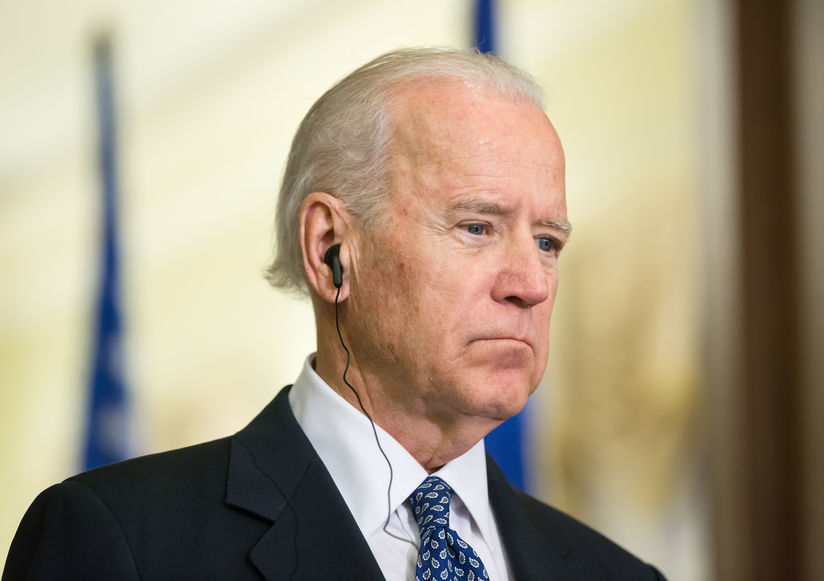Joe Biden made a public splash this week on various news outlets. The Atlantic magazine will be glad to know he is alive.
We sincerely wish Mr. Biden well, but he would have done better staying off the air. Mr. Biden’s incoherent interviews this week to promote counterproductive policies were ill timed.
The Green New Deal proposed by Joe Biden or anyone else is a bad idea at any time. It is a worse idea now – like rubbing salt in a metastasizing economic wound and public health emergency, with each producing real victims.
The former Vice President and presumptive presidential nominee said if there is another coronavirus relief bill coming out of the U.S. Congress, he wants it to include a blizzard of irrelevant policies which have nothing to do with helping Americans overcome the COVID-19 coronavirus pandemic. These policies include parts of the “Green New Deal” that were proposed by Nancy Pelosi, the Speaker of the House of Representatives, such as imposing limits on carbon emissions in airplanes and more tax credits for wind and solar energy development.
After three days of haggling, the Senate rejected these and most of the other last-ditch House proposals by omitting them from the just completed $2 trillion legislation that is being passed into law this week.
Joe Biden wants to try again next time. He told the News Hour on Public Broadcasting: “we’re going to have an opportunity I believe in the next round here to use the, my green economy, my Green Deal to be able to generate both economic ground and consistent with the kind of infusion of money as we need into the system to keep it going.”
There you have it; or, to coin a phrase, “Say it ain’t so, Joe.”
Mr. Biden gave this series of interviews to remind the country that he’s running for president. It’s not easy getting attention these days when you have no official role in fighting the coronavirus that has afflicted tens of thousands of Americans, and so far killed well more than 1,200 people in the country.
The Congress and the President agreed on this $2 trillion legislative package to keep the U.S. economy from collapsing into a depression, as much of the workforce remains at home, and a growing number of employees lose their jobs. More than 3 million Americans, and counting, have been added to the unemployment rolls.
Rather than sustain American jobs and businesses, Green New Deal mandates and added costs on traditional energy would ensure the economy’s collapse. Oil and natural gas are the lifeblood of the American economy, which is teetering on the biggest downturn since the Great Depression of the 1930’s.
Health care, law enforcement and other front-line workers do not have enough masks, ventilators and other needs to care for people stricken by the virus. What if they have insufficient energy when the next pandemic hits because too much fossil fuel has been shut down and renewables can’t cut it, thanks to a Green New Deal?
As Biden tries to get attention, he continues to fumble not merely on policies themselves, but on his presentation. More are questioning his staying power in the presidential race, and contrasting him with New York Governor Andrew Cuomo, who has been in full command as he leads his state’s response to the coronavirus. New York State by far has been the hardest hit of any state with COVID-19.
Whether Joe Biden can go the distance, or is somehow replaced by another presidential candidate at the Democratic Party’s national convention this summer, others can—and will— speculate. From a policy standpoint, whoever is the Democratic nominee will seek to impose the Green New Deal on the country, the central premise of which is the immediate demise of fossil fuels and the associated jobs of Americans in related industries.
The debate will continue in America about our energy future and how we get there. Technological ingenuity and development will bring about new energy sources to gradually supplant oil and gas to some degree, without having a Green New Deal to outlaw their use or make them prohibitively costly. Doing so would only hurt the livelihoods of American workers and industries in the process, especially in this and certain future national emergencies.
